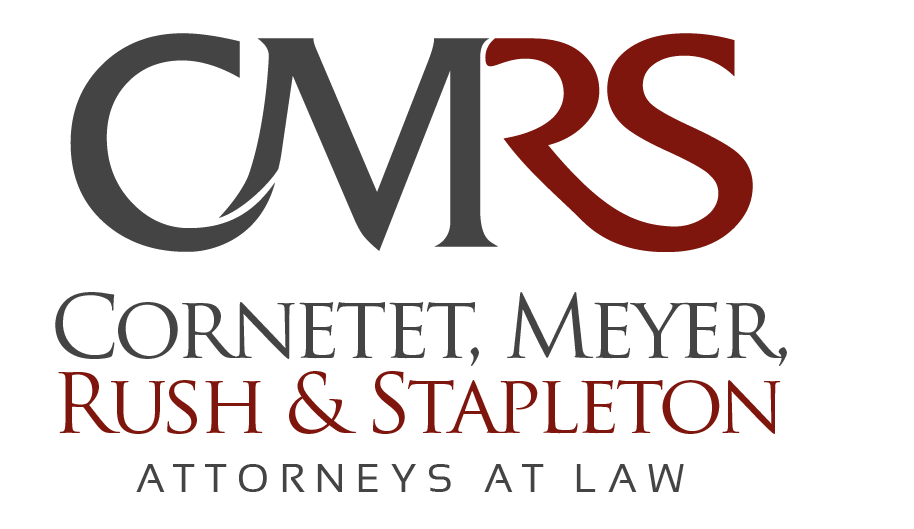People often ask me, “Which type of trust is right for me?” The answer depends on their goals, and it typically involves more than one type of trust. What’s important to realize is that multiple trusts can exist in a single document.
The value provided by an estate planning attorney is their ability to create a trust formula that addresses the client’s goals with the correct “ingredients” for a trust plan, thereby achieving those goals.
For those interested in exploring their options from a reputable source, here is a list of 30 different types of trusts, each with a short description and a link to a more detailed summary as well as other articles:
- Revocable Living Trust (RLT): A trust that can be changed or revoked by the grantor (also known as a settlor) during their lifetime.
- Irrevocable Trusts: A trust that cannot be changed or revoked by the grantor after it has been established.
- Simple Trusts: A trust that distributes all income to beneficiaries each year.
- Complex Trusts: A trust that holds assets and distributes income and principal to beneficiaries in different ways.
- Intentionally Defective Grantor Trust (IDGT): A trust that is designed to allow the grantor to receive tax benefits while still transferring assets to beneficiaries.
- Charitable Remainder Trust (CRT): A trust that donates assets to charity after the death of the grantor.
- Charitable Lead Trust (CLT): A trust that makes annual payments to the charity for a specified period of time, after which the remaining assets are distributed to beneficiaries.
- Irrevocable Life Insurance Trust (ILIT): A trust that owns life insurance policies on the grantor’s life. The proceeds of the policies are distributed to beneficiaries after the grantor’s death.
- Stand-Alone IRA Beneficiary Trust: A trust that is established to hold the assets of an IRA after the death of the IRA owner.
- Special Needs Trust (SNT): A trust designed to hold assets for a person with special needs.
- Minor Trust: An irrevocable trust that is established to hold assets for a minor under the age of 21.
- Spendthrift Trust: A trust that is established to hold assets for a person who is not able to manage their own finances.
- Blind Trust: A trust that is established to hold assets for a person who does not want to know what assets are held in the trust.
- Discretionary v. Non-Discretionary Trust: A discretionary trust gives the trustee the power to decide how to distribute income and principal to beneficiaries. A non-discretionary trust requires the trustee to distribute income and principal to beneficiaries according to a specific formula.
- Medicaid Trust: A trust that is designed to hold assets for a person who is receiving Medicaid benefits. Also known as a Medicaid Asset Protection Trust.
- Crummey Trust: A trust that allows beneficiaries to make annual gifts to the trust without triggering a gift tax.
- 2642(c) Trust: A trust designed to hold assets for one person who is a “skip person” without using a portion of your GST exemption but requires the trust assets to be included in the Beneficiary’s estate.
- Bypass Trust (B-Trust or Credit Shelter Trust): A trust designed to allow a spouse to leave assets to their children without using up their estate tax exemption.
- Qualified Terminable Interest Property Trust (QTIP Trust or marital trust): A trust that allows a spouse to leave assets to their spouse for life and then to their children after the spouse’s death. All income must be distributed to the spouse annually.
- Dynasty Trust (GST Exempt Trust): A trust that is designed to allow assets to be transferred to future generations without triggering gift taxes.
- Grantor Retained Annuity Trust (GRAT): A trust that allows a grantor to transfer assets to beneficiaries and receive an annuity payment for life or a period of years.
- Spousal Lifetime Access Trust (SLAT): A trust that allows a spouse to transfer assets to beneficiaries and receive lifetime access to the assets.
- Qualifying Domestic Trust (QDOT): A trust that allows a non-citizen spouse to leave assets to their spouse without triggering estate tax.
- Qualified Personal Residence Trust (QPRT): A trust that allows a parent to transfer ownership of their home to their children at a reduced gift tax value.
- Incomplete Gift Non-grantor Trust (ING, NING, CING, DING): A trust designed to allow a donor to make gifts to a trust without triggering gift tax.
- Domestic Asset Protection Trust – Ohio Legacy Trust: A trust designed to protect assets from creditors during life. This type of trust has significant costs to create and administer but also provides significant creditor protection to the creator of the trust.
- Foreign Trust: A trust that is not located in the United States.
- Electing Small Business Trust (ESBT): A trust that allows an S corporation to have multiple shareholders.
- Qualified Subchapter S Trust (QSST): A trust that allows an S corporation to have a single shareholder.
- Pet Trust: A Pet Trust allows you to provide for the care of your pet after you die. It is a way to ensure that your pet will have a loving home and the care they need. This also includes owning a horse, cat, dog, and other pets in Ohio.
Contact us today to schedule a consultation and learn how we can help you with your estate planning, probate administration, and trust needs.
Other Estate Planning, Trust, and Probate Topics:
- Secure Act and Estate Planning Tax Law Changes for 2020
- Gifting Taxes and Trust Estate Planning
- Opening Probate in Ohio
- Does a Transfer on Death designation solve everything?
- Ohio Probate Claims and Statutes of Limitations Summary
- Irrevocable Trust Reformations and Terminations
- Cryptocurrency, Bitcoin, and Estate Planning
- What happens to your business after you die?
- Owning a Horse and Avoiding Probate
- Estate Tax Planning: SLAT, GRAT, & IDGT
